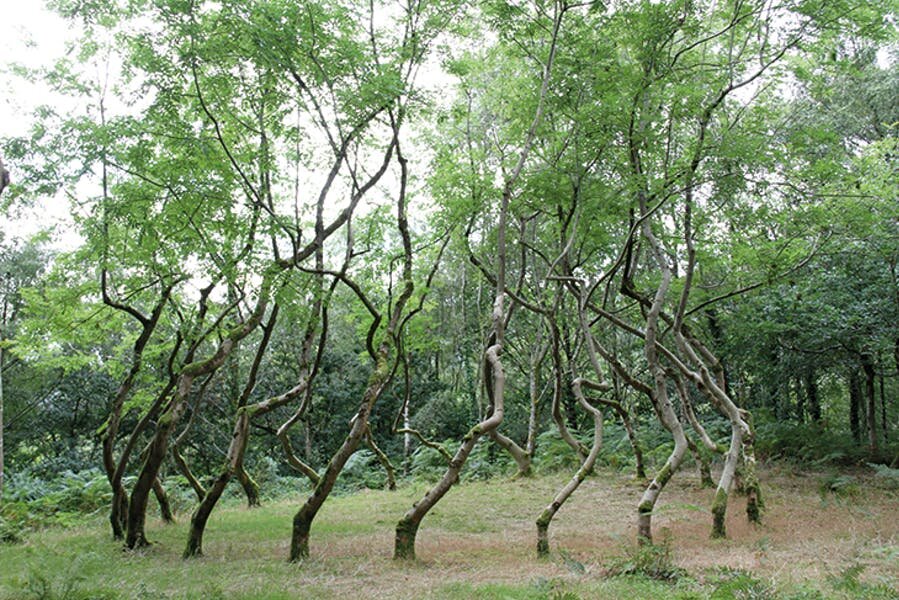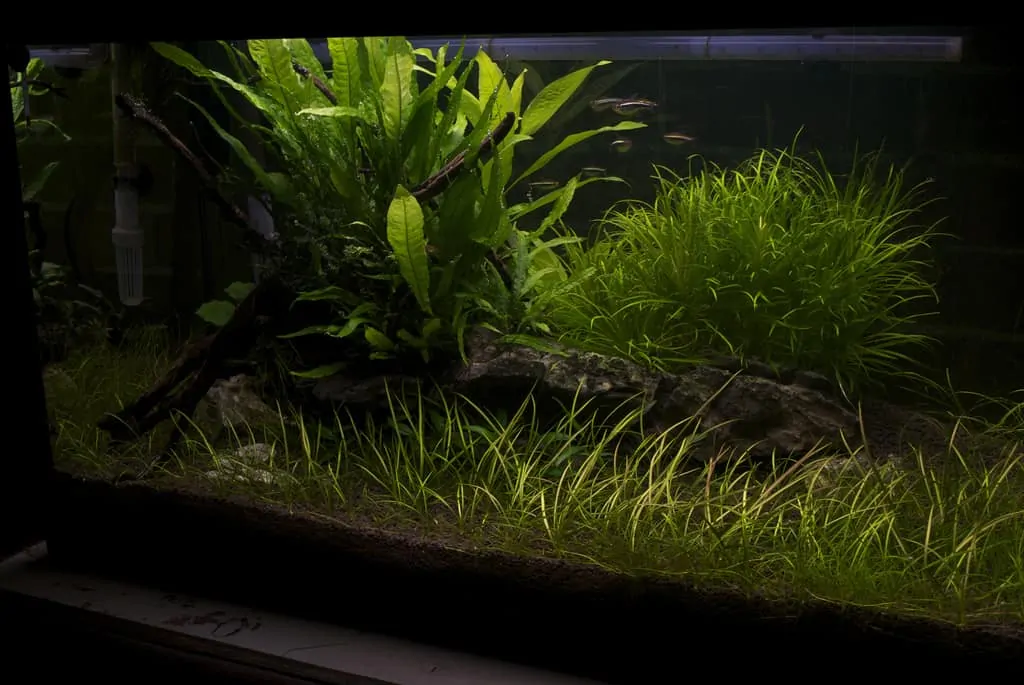zozo
Member

Interarboration...

What it means is in the picture and it rang an Aquascaping bell...
Interarboration Inspiration? Maybe?


Thats a new word for me too. Noun. interarboration (uncountable) (nonce word) The interweaving of branches of trees. I think we have seen a few aquascapes that mirror this as a theme. Could prove difficult for tank maintenance. Can Hobbits live under water?Interarboration.
New word for me as well.Interarboration

With my ability to aquascaping I'm afraid interarboration may quickly turn into interaberrationInterarboration Inspiration? Maybe?


New for me too, and Google, I always referred to them as tree cathedrals
Interarboration...

What it means is in the picture and it rang an Aquascaping bell...
Interarboration Inspiration? Maybe?
Does it also have a less than PC meaning elsewhere or is it a northern thing?Dyke or Dike is also know as a dry stone wall in Scotland!
Dyke or Dike is also know as a dry stone wall in Scotland!
Hans!In planted tanks dosing glutaraldehyde could be likened to "putting one's finger in the dyke"
And for anybody smirking, that's not meant in the slang term.

American origin but the saga is adopted by the Dutch as the 'Hero of Harlem' and even gave him a bronze statue. But it never really happened.Dutch boy who saves his country by putting his finger in a leaking dike. The boy stays there all night, in spite of the cold, until the villagers find him and repair the dike.
Amazing what you learn in off topic/ chit - chat.I'm more referring to ancient times when the Vikings, Angels and Saxons came to England and brought their language and established their settlements by digging ditches and creating dikes.
Amazing what you learn in off topic/ chit - chat.
Spent a few hours today reading about Anglo-Saxon history and Offa of Mercia.
History of Offa’s Dyke
A brief history and description of Offa's Dyke, one of the most impressive Anglo-Saxon structures surviving in England.www.english-heritage.org.uk
